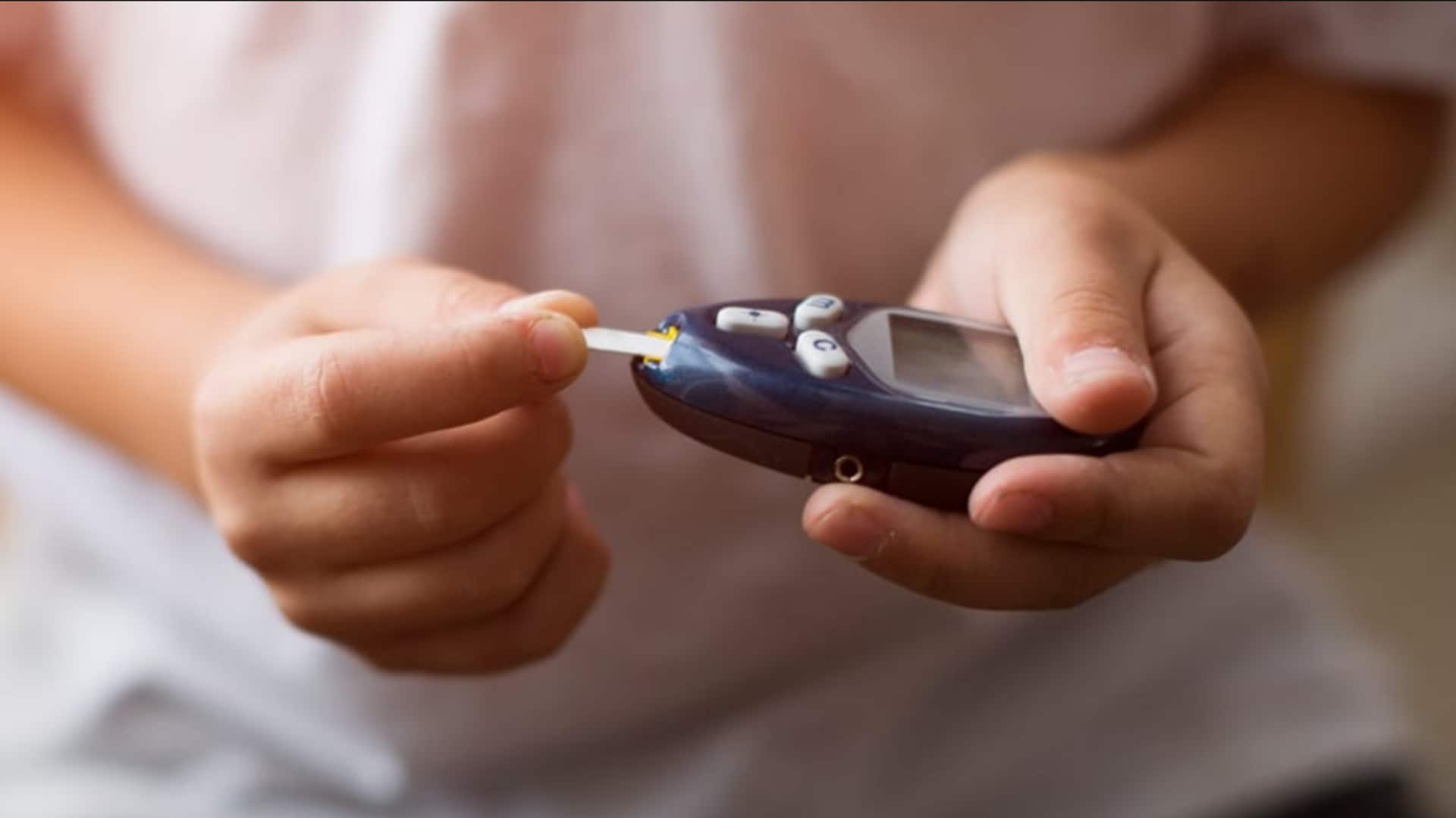
BITS Pilani student develops non-invasive smartwatch wearable for glucose monitoring
What's the story
A student from the Hyderabad campus of BITS Pilani has developed an innovative smartwatch-based diagnostic platform to measure blood glucose levels. The device, created by PhD scholar Abhishek Kumar and his mentor Prof. Sanket Goel, uses sweat for sugar readings. The project is being commercialized through Cleome Innovation, a start-up from the Microfluidics and Nanoelectronics Lab (MMNE Lab) at BITS Pilani Hyderabad campus.
Market potential
Start-up aims for proactive diabetes management
The start-up is working to introduce the wearable device into the healthcare market for proactive diabetes management. Kumar, who has seen many family members suffer from diabetes, was motivated by their pain to create this non-invasive method. He said, "My father, my grandfather, my grandmother, many people are diabetes patients. I used to test them using that finger prick method (to draw blood for glucometer). And I literally sometimes used to feel their pain."
Device features
Device has around 97-98% accuracy
The platform is designed to be scalable, low-cost, and reliable. Each component has been chosen to keep costs down without compromising performance. The wearable device can measure glucose levels as well as uric acid and lactate, both of which are important metabolic parameters. It has achieved an impressive accuracy rate of around 97-98% in tests so far.
Next steps
Product will undergo clinical validation
Kumar said after clinical validation, the product will be submitted for regulatory approvals before commercialization. He added that initial trials could start within six months, and it may take a year for commercial production. This work is an improvement over a fully automated, self-testing diagnostic platform that can detect key diabetes-related biomarkers from urine and sweat samples.
Expansion goals
Research team working on wearable formats
The research team is working on adapting the system into wearable formats, like patch-based or flexible skin sensors.This would allow continuous and real-time monitoring of multiple analytes, paving the way for personalized health tracking. Prof Goel said, "By monitoring additional markers like lactate and uric acid, we gain a more complete picture of a patient's metabolic condition."